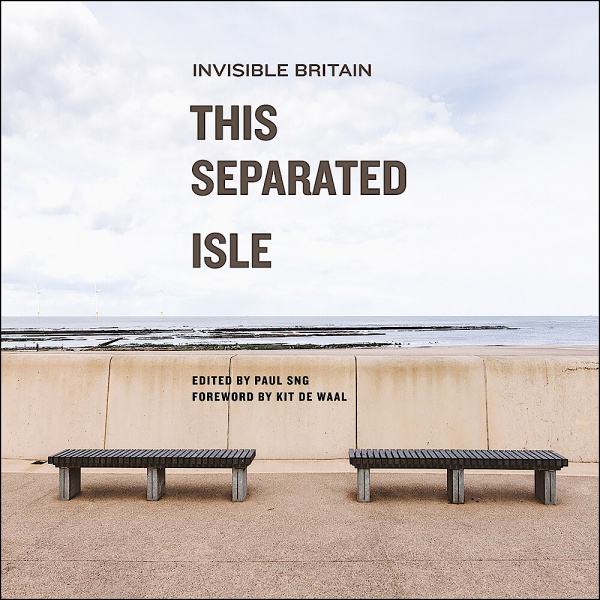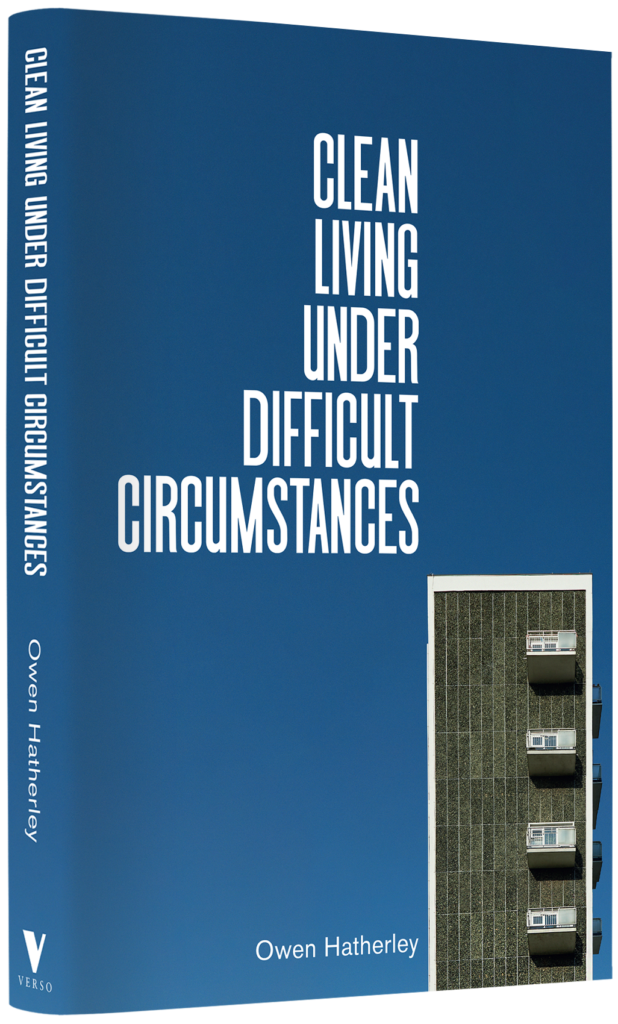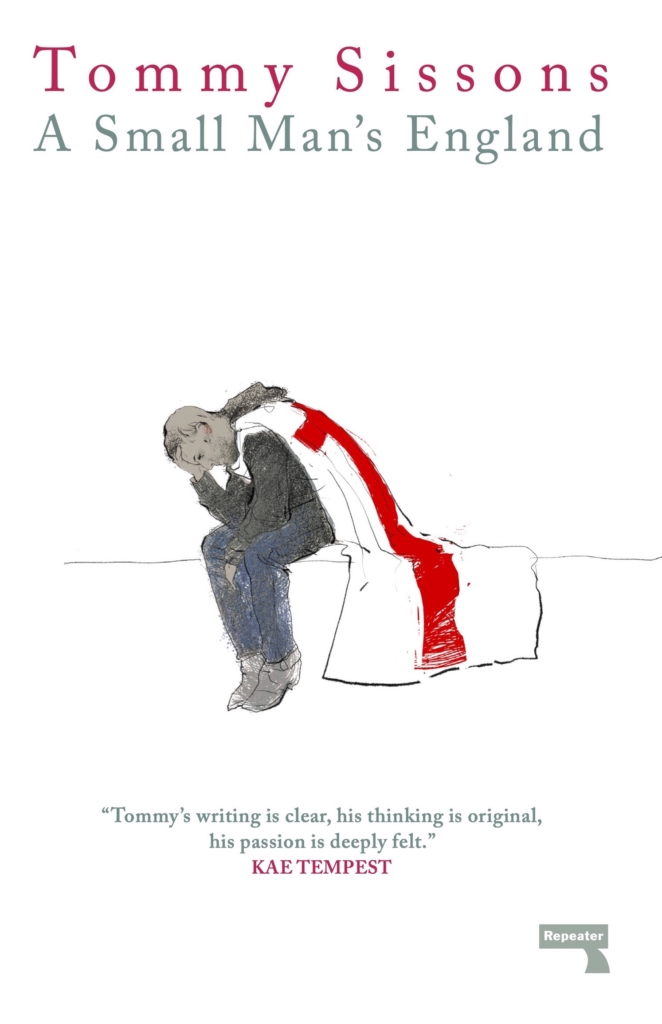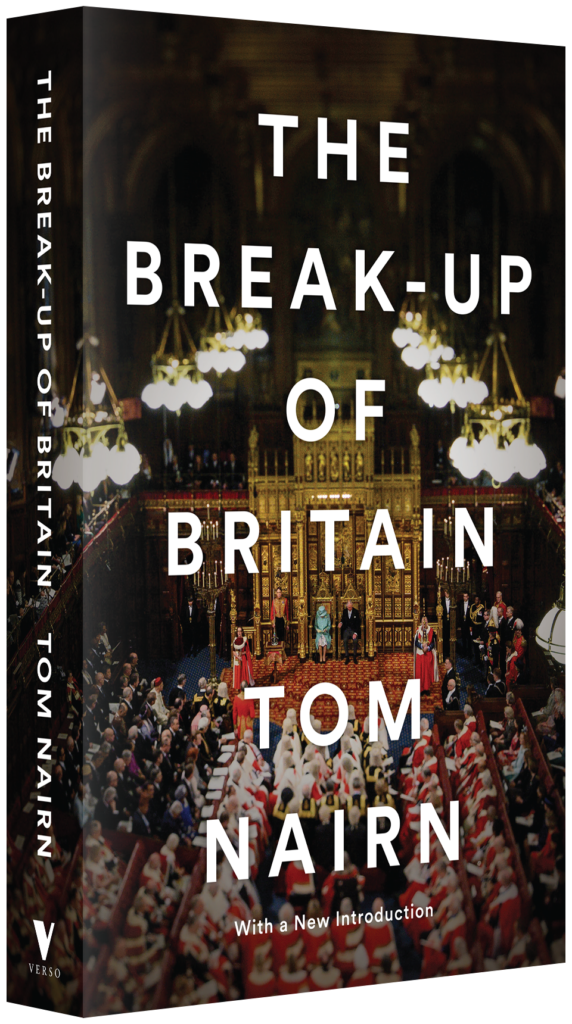Labourism and Unionism: a Labour Party Conference Reading Guide
As Labour Conference gathers in Brighton Mark Perryman reviews books that seek to account for the party’s enduring unionism.
It’s been a while, Labour Conference and the attendant World Transformed Festival haven’t gathered since September 2019. Since then there’s been the disaster of the party’s 2019 General Election defeat, in Scotland back t the solitary seat Labour seat after the brief Corbynite recovery to six in 2017, but prior to the disastrous opposition to Independence in the 2014 referendum 41 seats. Despite a change of leader in Scotland, the signs of any Labour recovery are next to non-existent. We might think a reversal on this kind of epic scale, one that seriously undermines any prospect of a Labour overall majority at the next General Election might focus minds and generate a serious discussion on independence versus the Union. Not a bit of it, across almost the entire Labour spectrum.
What we have instead is Keir Starmer offering up ‘Progressive Patriotism’ as his new big idea. Yet this was Ed Miliband’s new big idea before him ‘One Nation Labour’. Gordon Brown before that with his infamous ‘British Jobs for British Workers.’ Arguably Tony Blair was the first with ‘ A Young Country’. Jeremy Corbyn would also speak of a national story that includes the Levellers, the Tolpuddle Martyrs, Cable Street. Progressive Patriotism is a multi-faceted idea that it would be quite wrong to write off as cover for a shift to the right, even if on occasion it is (mis) used for exactly that purpose yet it loses almost any sense without accounting for Scotland, Wales, independence and the Union. Hence Keir Starmer wrapping himself in the Union Jack while very publicly going to Wembley to cheer on England at the Euros.


A mess of contradictions, edited by the filmmaker Paul Sng This Separated Isle is a fantastic starting point towards a radicalised version of progressive patriotism via incredible photos and short punchy essays. Together these portray the entirety of modern Britain as a contested space of despair versus hope. Rather than ‘radical federalism’ which exists in denial of the independence dynamic, this is a contest that three independent nations on one small island would share, and progressives in each nation would co-operate to contest. Internationalism rather than this lazy suggestion trumps nationalism co-existing with it towards shared ends.


Owen Hatherley’s collection of his essays Clean Living Under Difficult Circumstances does something similar via his exploration of how architecture shapes lives and communities from Walthamstow to Edinburgh via ever-decreasing public toilets and the closure of public libraries. Enchanting and imaginative, the devastation of such public spaces is something we share, neoliberalism and its effects is no respecter of borders. Does that mean experiences are exactly the same? No, however, limited the powers the Welsh Labour government has tried to carve out a different politics to the Tories, and before them New Labour at Westminster, and with electoral success. Here there are lessons for a UK Labour Party out of office for 11 years and counting would do well to learn from its sister party.


A Small Man’s England by Tommy Sissons focuses, on England as a nation, one almost entirely written out of any discussion on the Union because for most intents and purposes it is treated as the Union, and never mind the rest. In contrast, Tommy’s book is a powerful argument for class solidarity that knows where it is coming from, England. Yes, that can take defensive, ugly, reactionary forms and any serious version of progressive patriotism cannot afford to either ignore or not contest in the cause of some misguided version of ‘Blue Labour. But to give up on an entire nation, its people, its history, its culture, what kind of politics is that? Unfortunately the politics of a certain kind of Labour leftist.
Of course, what this is up against, is the cultural and political legacy of an empire on which the sun never set, and from which Scotland, and Wales, is certainly not immune from. This is the subject of Peter Mitchell’s Imperial Nostalgia: How the British Conquered Themselves. The failure to find the means to let go of this particular part of Britain’s national story is why narratives around Britishness are so trapped in the imperial, and martial past in a manner that shapes our present. Independence represents an institutional break with such a history, we are fooling ourselves if we pretend on its own it will effect a political break.


The pre-eminent thinker on a politics that has latterly acquired this label progressive patriotism remains Tom Nairn. His seminal work The Break- Up of Britain first published in 1977 is out once more in a new edition with an entirely original introduction by Anthony Barnett. Tom’s argument is that the British state is mired in an outdated and unworkable union. Unionist Labour of course fundamentally rejects this and in Scotland has suffered the disastrous consequences with an absolute refusal to learning any lessons, instead calling in Gordon Brown the architect of that defeat to advise. Tom Nairn is very much of the New Left of EP Thompson, Raymond Williams and Stuart Hall. Yet his is a perspective scarcely acknowledged in left circles in and around Labour. Tom’s break-up has taken a while but while the Labour conference will scarcely countenance such a prospect few would doubt its coming.
Note No links in this review are to Amazon, if you can avoid giving money to billionaire tax-dodgers who profit from their employees’ low wages and poor working conditions please do.

Help to support independent Scottish journalism by subscribing or donating today.

Alas, the only one of the books Mark mentions which I have read as a lifelong socialist and marxist, having finally realised since about 2000 that ‘devolution’ is not enough, is that by Nairn. I concur with his judgement; it is indeed essential reading.
So too are ‘The strange death of Labour Scotland’, by Gerry Hassan and Eric Shaw, Edinburgh University Press 2012; and ‘The case for Scottish independence – a history of nationalist political thought in modern Scotland’ by Ben Jackson, Cambridge University Press 2020. I have found both to be invaluable and fairly scholarly guides. Reading them will help left activists to understand something of the processes by which the bulk of Scots working class votes have shifted from unionism to independence, over the past fie or six decades of my active political life.
Dougie Harrison
Oh, and I concur with the footnote re Amazon. I have personally boycotted it for some years now. There are plenty of other ways to buy books, which do NOT involve endorsing the dreadful conditions Amazon imposes on its workforce. I speak as a long-ago STUC official.
Try reading the report by Ian Mackinnon for the CommunitylandScotland on patterns of land ownership and links to plantation slavery. And think through the years at the persistent inequality here.
The introductory paragraph stated that the books being reviewed seek ‘to account for Labour’s enduring unionism.’
That might, indeed, be the case, but Mr Perryman does not give us any inkling of what that account might be. We are just given a list of examples which shows that Labour, despite losing voters in Scotland and many parts of England, continues to take the Union as an axiomatic fact and, by implication, an unquestioned ‘good thing’.
He makes the point that Labour and few people south of the border actually acknowledge that there is an England which is not the UK. They conflate the two terms and, in so doing, erase England as a cultural and historic entity. Indeed, England as England seems to be something about which they dare not speak.
Like Mr Harrison, I have read only Tom Nairn of the books reviewed. I endorse Mr Harrison’s other recommendations.
However, to return Tony point, Mr Perryman, why does Labour in England and Scotland cleave to the union?
It has some vibrancy in Wales precisely because it embraces Welshness and seeks to advance the case for increasing continually powers to be with the residents of Wales.
It has never ever organised in Northern Ireland and has left the Protestant working class in the hands of the Tory supporting various unionist parties.
Personally I think it’s a combination of the following:
– Political tribalism. They’ve been opposing “the Nats” for however long, and old habits die hard.
– Genuine desire to improve the whole of the UK through gaining a Westminster majority (and control of the Treasury). You can query how realistic this is, but the Independence movement has its idealists too.
– Protecting public services and jobs. The membership is disproportionately public sector (both direct members and union affiliates). Whatever the long term economic benefits of independence, there’s a fair chance the early days of independence will require spending cuts on top of those already imposed by the Tories. Teachers, social workers etc. will be at the sharp end of this and can imagine the human cost.
I agree with the author that not even discussing independence is a failing. The strategy of appealing to both ‘sides’ by saying let’s focus on public services using the powers we have is well-intended, but simply isn’t gaining traction with voters. That said, I appreciated the opportunity to vote locally for a candidate who could genuinely say that reversing our local hospital downgrade was her #1 issue.
Motion to watch at Labour conference for me is the one about the Green New Deal, which the leadership attempted to ditch due to it ‘covering more than one subject area’.